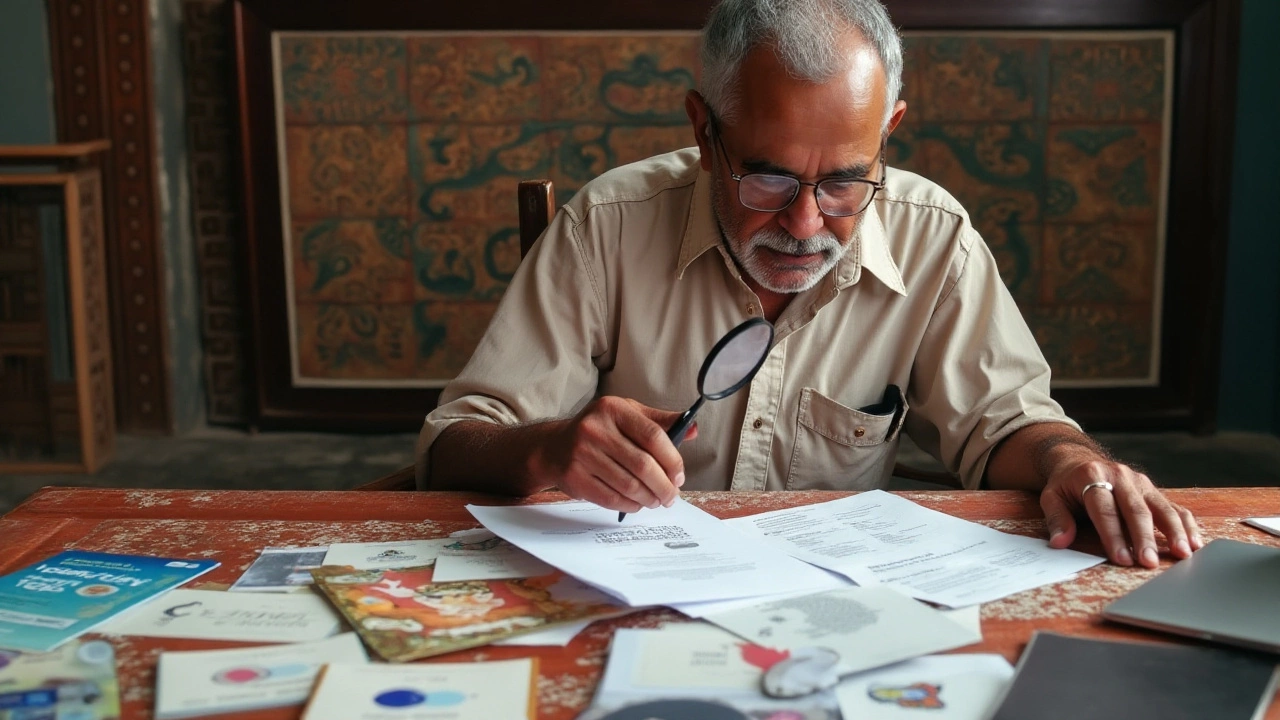How to Find Trustworthy Charities You Can Feel Good About
Ever wonder if the charity you want to help actually uses your money the right way? You’re not alone. Lots of people worry about scams, hidden fees, or projects that never happen. The good news is you can check a charity’s credibility in just a few minutes, without needing a finance degree.
Spotting a Trustworthy Charity
First, look for official registration. In India, a legit non‑profit should have a PAN, a 12A or 80G certificate, and be listed on the Ministry of Corporate Affairs portal. A quick search of the organization’s name will tell you if it’s registered and what kind of work it does.
Next, dive into the financials. Trustworthy charities publish annual reports that break down income, expenses, and how much goes to programs versus admin costs. If the report is missing or vague, that’s a red flag. Aim for charities that spend at least 70% of their budget on the cause itself.
Third, check impact data. Reliable groups share stories, statistics, and before‑and‑after pictures that show real results. Look for measurable outcomes like “served 5,000 families” or “built 20 wells.” Vague promises like “make the world better” without numbers usually mean they’re hiding something.
Don’t forget reviews and ratings. Websites such as GuideStar, Charity Navigator (for US‑based NGOs), or local platforms like GiveIndia let donors leave feedback. A mix of high ratings and consistent positive comments is a solid sign.
Ways to Support Safely
When you’re ready to give, use secure payment methods. Credit cards, PayPal, or reputable bank transfers protect you with fraud‑monitoring tools. Avoid cash drops or wire transfers to personal accounts – they’re often used by fake charities.
Consider volunteering before donating. Spending a few hours helps you see the organization in action and meet the staff. If the team is transparent, welcoming, and clearly knows their work, that’s a good indication they’re trustworthy.
Another safe route is to donate through a known platform. Many crowdfunding sites verify charities before they list them, adding an extra layer of protection. Plus, you can track exactly where your money goes.
Finally, keep records. Save receipts, email confirmations, and any correspondence. Not only does this help with tax deductions, but it also gives you proof in case something goes wrong.
Choosing a trustworthy charity isn’t rocket science. A quick registration check, a glance at the financials, and a look at impact stories can save you from scams and ensure your contribution truly matters. With these steps, you’ll feel confident that every rupee you give is doing real good.

Unmasking Charity Scams: How to Identify and Avoid Fraudulent Organizations
- Jan, 14 2025
- 0
Navigating the world of charitable giving can sometimes lead well-meaning donors into the traps set by fraudulent organizations. Learn how to identify red flags that signify a charity scam and discover tips on evaluating the legitimacy of charities before donating your time or money. Armed with the right knowledge, you can ensure that your donations make a real impact. This guide emphasizes the importance of due diligence and informs you about the common tactics used by dishonest charities.
Categories
- Volunteering (40)
- Environment (38)
- Youth Programs (34)
- Charity Events (31)
- Homelessness (31)
- Community Outreach (29)
- Charitable Organizations (27)
- Community Support (18)
- Finance (14)
- Education (10)
Archives
- February 2026 (6)
- January 2026 (7)
- December 2025 (10)
- November 2025 (8)
- October 2025 (23)
- September 2025 (4)
- August 2025 (8)
- July 2025 (31)
- June 2025 (29)
- May 2025 (30)
- April 2025 (31)
- March 2025 (30)
- community outreach
- charity events
- after-school clubs
- community service
- charitable trust
- philanthropy
- volunteering
- homeless shelters
- environmental groups
- community engagement
- volunteer opportunities
- charitable giving
- estate planning
- mental health
- charity
- student engagement
- community help
- donations
- volunteer
- youth organizations